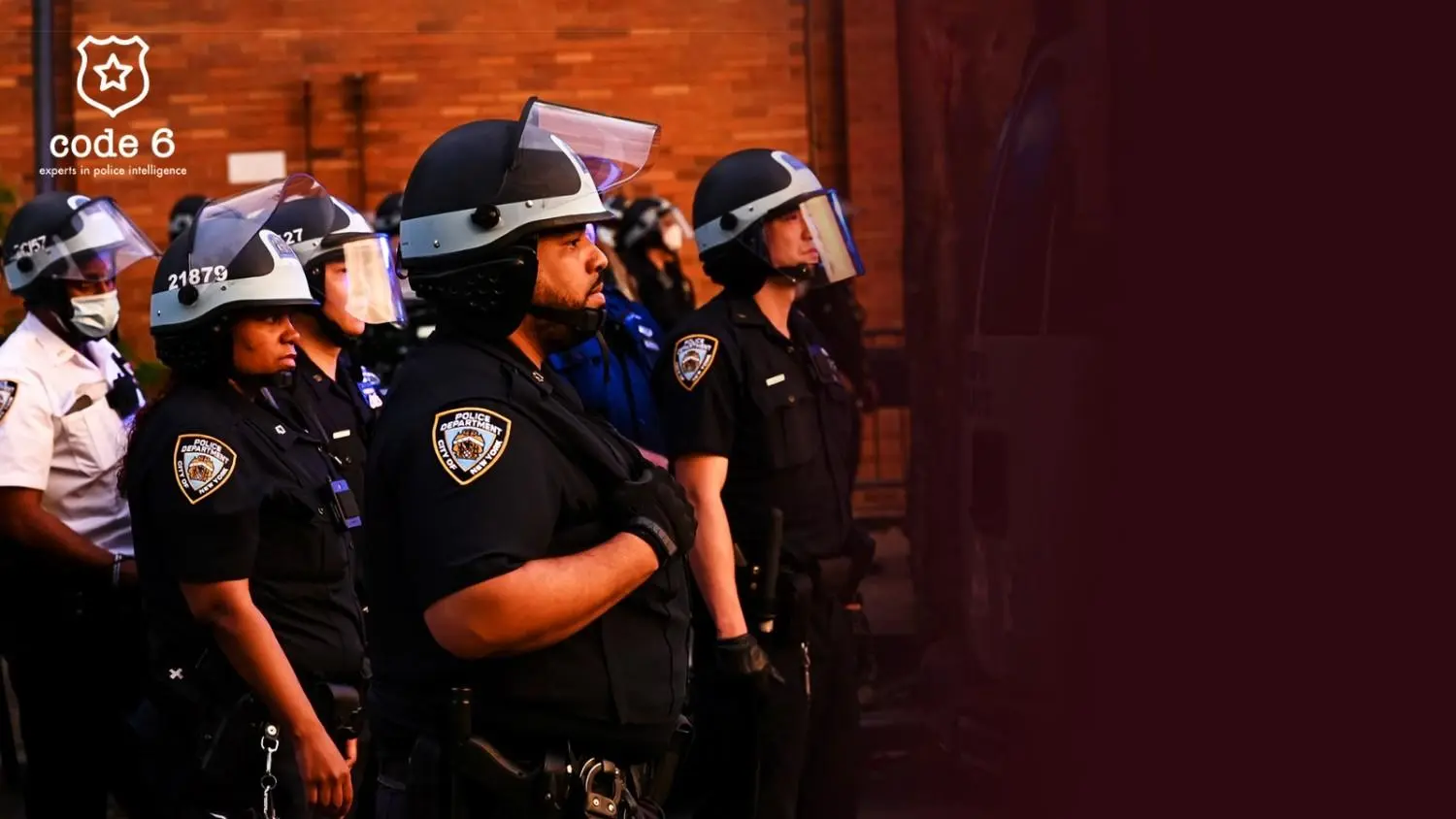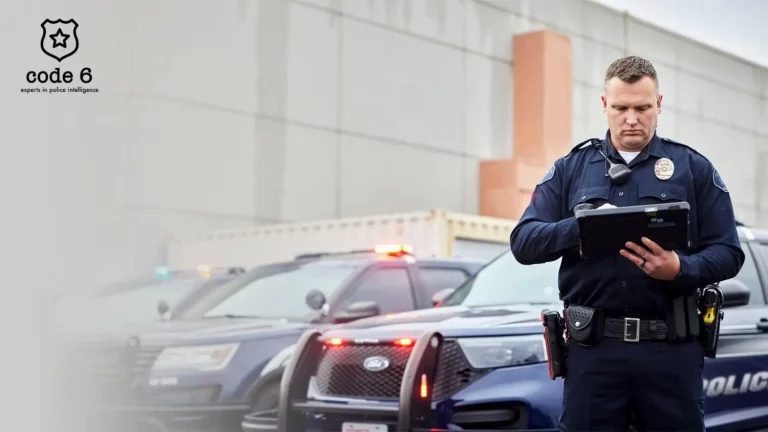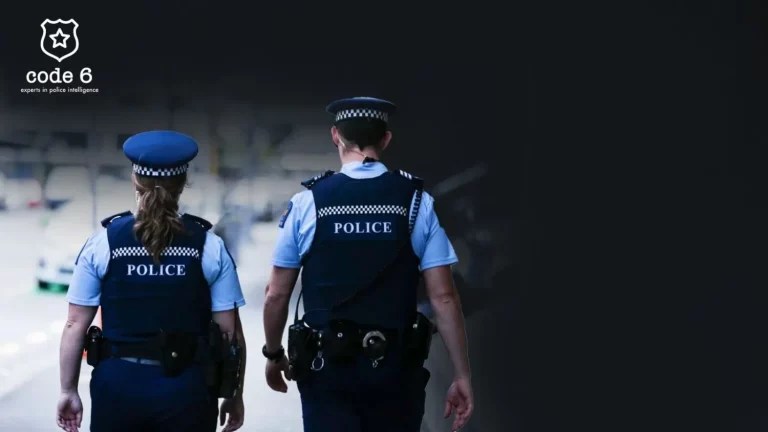When we think of police work, we often think of patrol cars, lights flashing, and officers responding to emergencies. But behind the scenes, there is a really critical part of law enforcement that works quietly and methodically the Police Intelligence Unit. These specialized units of law enforcement are critical in keeping our communities safe by collecting and analyzing information through a series of processes and then using their training and experience to develop and implement crime prevention and resolution strategies.
Let’s examine what these specialized units do and how they accomplish their missions.
Introduction:
A police intelligence unit could be characterized as the brain of the police component of event response. They collect, analyze and disseminate information to support decision-making, command and improve public safety. Essentially they are the team that allows the police to act in a proactive way with respect to crime, whether that is organized crime, terrorism or ordinary crime.
Key Functions of a Police Intelligence Unit:
- Data Collection: Collecting data from a range of sources, including informants, surveillance, public records, and social media.
- Analysis: Analyzing the data to be able to identify crime trends, threats, or behaviors.
- Dissemination: Sending intelligence to officers, departments, or outside agencies.
- Planning Support: Providing assistance on the planning of investigations, arrests, or preventative measures.
- Threat Assessment: Assessing potential threats such as gang activity or pending terrorist attacks.
Operational Areas of a Police Intelligence Unit:
Police intelligence doesn’t usually focus on one crime type. Here are a few examples of areas they generally cover:
- Organized crime: Drug trafficking, human trafficking, and illegal weapons.
- Terrorism: Monitoring activities that are threats to national security.
- Cybercrime: Following scams, fraud and threats that occur online.
- Street crime: Gang involvement, networks involved with theft, or some serial crime.
- Public order: Protests, riots and security planning for large crowds at events.
Technologies and Tools Used in Police Intelligence:
Here are several statutory- and non-statutory-exempt organizations that I want to evaluate conducting police intelligence work and to classify their sources:
- Systems of data analytics software that can help discern trends and identify criminal behavior;
- Surveillance systems, such as CCTV cameras and control rooms, drones, and body cameras;
- Geo-spatial mapping or mapping how and where crime happens;
- Facial recognition systems, along with biometrics, are used to identify suspects and link them to criminal behaviour; and,
- Databases, such as those established by police and government agencies both in Canada and internationally, like INTERPOL, AFIS or NCIC.
All of the organizations and their corresponding information are essentially the same. These low-cost tools significantly enhance the skills of intelligence units to make and use intelligence from data.
Types of Intelligence Used by Police Intelligence Units:
Intelligence varies, we recognize it in type:
- Strategic Intelligence: Planning for the long term, such as analyzing a recent uptick in gang violence.
- Tactical Intelligence: Supporting operations, such as a planning a raid.
- Operational Intelligence: Supporting current investigations by linking suspects to activities.
- Criminal Intelligence: Pertaining specifically to crime and offenders.
Each type serves a distinct purpose in the larger picture of law enforcement.
Collaboration with Other Agencies and Entities:
Police intelligence units function in the context of a larger identity. They frequently work with:
- Other police forces
- National security organizations
- Customs and border protection
- Cyber agencies
International intelligence bodies (e.g., Europol, INTERPOL)
By collaborating, intelligence can flow more freely, and impending threats can be dealt with more quickly.
Challenges Faced by Police Intelligence Units:
Like any specialized field, the world of intelligence units has some challenges:
- Data Overload: Given the amount of information available, it is often difficult to ascertain what is relevant.
- Privacy Considerations: It is a constant challenge to balance the need for security without eroding civil liberties.
- Resource constraints: Not all police departments have access to the best equipment or the best training.
- Inter-agency coordination: Intelligence must be shared between countries and it must be shared between departments, and that can be difficult.
- Disinformation: The amount of disinformation and fake news makes it harder for the truth to become clear.
Legal and Ethical Considerations
With great power comes great responsibility. Intelligence services have special responsibilities and obligations; legal obligations to uphold individual rights and freedoms are vitally important and underpin their operations. Important issues include:
- Information and data protection legislation
- Surveillance oversight
- Legislation relating to informants and undercover operations
- Transparency and accountability
- Ethical intelligence gathering walks the line between lawful policing activity, and the right to individual privacy.
Future Trends in Police Intelligence
Tools and orientations of intelligence units will shift over time, with the world as it continuously turns being no exception. Here is what we may expect in the future:
AI enabled analytical techniques: More rapid, and accurate assessments of criminally occurring events.
predictive policing: Utilization of data to prevent occurrences of crime before they actually happen.
Real-time intelligence sharing: Across multiple jurisdictions and national boundaries.
Growth in investigations involving cyber-intelligence: With a digital specialization as crime evolves online.
Strengthening community relations: Building trust to improve information sharing by the public.
At the end of the day, the future of police intelligence is about getting better, faster, and more connected.
Conclusion
Though you may not see them on the streets each day, Police Intelligence Units are one of the most powerful weapons against crime. They work in the background utilizing data and intelligence to protect communities and to support uniformed members. They can take on everything, from terrorism to local theft rings, and convert intelligence to actions.
In a world where threats can change in an instant, intelligence-led policing is not an option, it is a requirement. It’s good to know that there are professionals out there dedicated to making our communities even safer every day.




